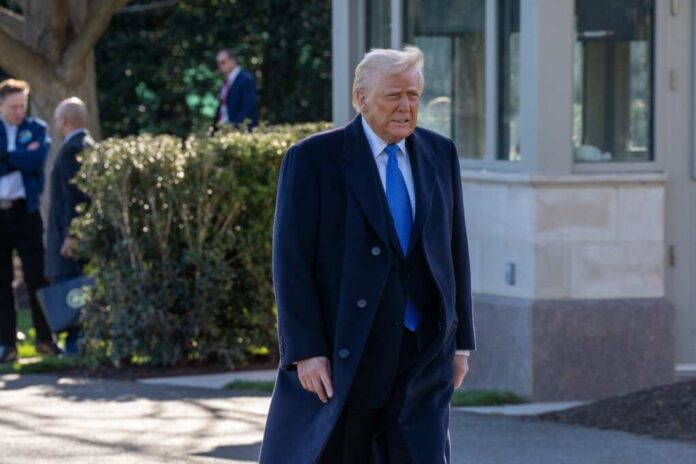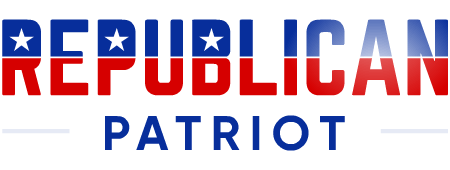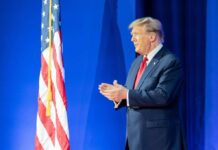
As the 2024 U.S. presidential race intensifies, immigration policy is emerging as the defining issue—splitting candidates, parties, and the public across economic, cultural, and moral lines.
At a Glance
- Immigration ranks among the top non-economic issues for U.S. voters in 2024
- President Trump proposes mass deportations, visa cuts, and an expanded border wall
- Kamala Harris promotes pathways to citizenship and modernized asylum policies
- Economic outcomes diverge sharply under each candidate’s vision
- Voters face a stark choice: restriction or reform
Trump’s Take on Immigration
President Donald Trump’s immigration agenda is unapologetically hardline. His 2024 platform called for mass deportations, sharp reductions in worker visas, refugee caps, and the revival of the “Remain in Mexico” asylum policy. Trump also pledges to complete the southern border wall, promising a “total recalibration” of national immigration strategy.
According to a policy breakdown by Johns Hopkins Carey Business School, such measures could dramatically reduce the labor pool while energizing voters who prioritize national security and border enforcement.
Public opinion reflects a clear divide. A Gallup poll found immigration to be the top non-economic concern for 21% of Americans. Among Republicans, 47% support the deportation of all undocumented immigrants—a sentiment Trump’s campaign is seizing upon.
Watch a report: Trump’s 2024 Border Agenda Faces New Scrutiny.
A Contrast in Strategies
Vice President Kamala Harris positioned herself as the progressive counterweight. Her immigration platform promoted stronger legal frameworks for asylum, enhanced border technology, and a streamlined path to citizenship for immigrants already residing in the U.S.
As detailed in RedState, Harris’s approach viewed immigration through both economic and humanitarian lenses. Analysts say her strategy might have grown the labor force and potentially increased GDP, while countering myths about job loss or housing shortages.
Culture Wars and Economic Stakes
Beyond policy, the debate speaks to deeper tensions over American identity. Research cited in the Johns Hopkins analysis shows immigrants contribute significantly more in taxes than they receive in benefits—yet cultural unease and local resource strain remain real challenges.
While President Trump emphasizes swift removals and deterrence, others promoted long-term integration as an economic engine. The political stakes extend to both messaging and measurable impact on jobs, wages, and public cohesion.
CNN’s Laura Coates noted on air that even Pope Leo XIV has shown willingness to speak critically about Trump’s immigration strategy, adding moral weight to an already charged political battle.
The Road Ahead
With immigration becoming a top voter priority, the U.S. faces a key decision: should we pursue strict enforcement or selective integration? As President Trump advocates for swift action and Harris suggests long-term reform, the 2024 election has proven a pivotal moment for the American republic’s identity.




















